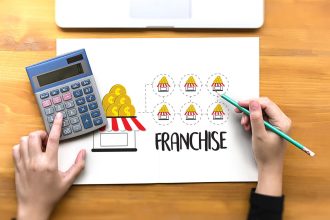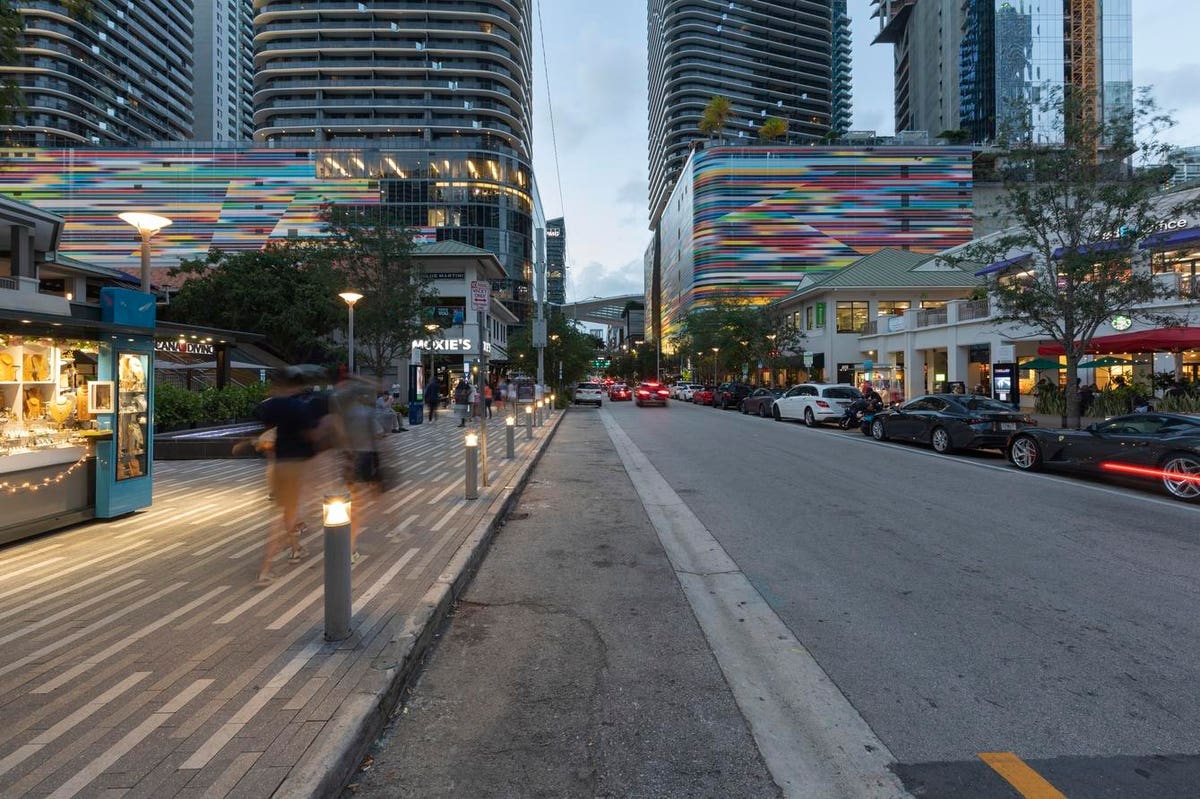In the world of real estate investment, retailing has been pretty much a no-go for quite a few years, with property players favoring offices, healthcare, student accommodation, senior living, logistics and, well you pretty much name it, they liked it better.
But in recent months there has been a change in the mood music and today Kimco Realty
KIM
RPT for its part is a publicly traded owner and operator of a national portfolio of open-air shopping center destinations, principally located in top U.S. markets according to the official statement.
The deal is an all-stock transaction, including the assumption of debt and preferred stock and for Kimco will give it a pro forma equity market capitalization of circa $13 billion and a total enterprise value of around $22 billion.
The wider significance is that this is the latest acquisition to suggest investors have stopped sitting on the fence and have started trading retail – but why now?
Malls Seem Less Risky
A lot of it relates to perceived risk and pricing. The increased penetration of online achieved during the pandemic has largely not held firm, especially in the notoriously tricky grocery sector.
While there are still retail casualties – including a number reported on this site – mass store closures and collapses are becoming fewer and less widespread.
And there are new tenants, from retail, leisure, dining, healthcare and other niches, making shopping malls more viable an therefore attractive.
Last, and by no means least, shopping centers feel more predictable again. Buyers may not be expecting an easy ride but they are also no longer anticipating a whole stack of unexpected bad news.
The same cannot be said for offices, for example, which with remote working and economic uncertainty are going through what many have dubbed their ‘retail moment’ in terms of how technology has reshaped the concept of where people work.
In the Kimco deal, RPT shareholders will receive a 19% premium to RPT’s closing share price on August 25 and, on closing, Kimco stockholders and RPT shareholders are expected to own circa 92% and 8% of the combined company, respectively.
The boards of both unanimously approved the transaction, which is expected to close in early 2024, subject to RPT shareholder approval.
“This transaction presents another exciting opportunity for our company to deepen our presence in key coastal and Sun Belt markets, while accelerating our growth at an attractive valuation,” said Conor Flynn, CEO of Kimco in a statement.
Indeed, the transaction will add 56 open-air shopping centers, including 43 wholly-owned and 13 joint venture assets, comprising 13.3 million sq. ft. of gross leasable area, to Kimco’s existing portfolio of 528 properties. In addition, the company will acquire RPT’s 6% stake in a 49-property net lease joint venture.
Kimco said it had identified a small group of RPT’s Midwest properties that it expects to divest.
Retail Rise in Europe Too
The rise of retail is a phenomenon not just limited to the U.S. In Europe advisor Savills recently noted renewed interest in retail as a major trend “that seems to be slowly gaining traction is renewed investor interest in retail assets.”
It said that in Q1 2023, retail investment recorded the slowest decline of all sectors, with around $6.5 billion transacted, accounting for 20% of total transactions, the highest share recorded since 2015.
According to preliminary results, another $6.5–7.5 billion was transacted during the second quarter of the year. This will bring the H1 result to approaching $14 billion.
Notbale deals included the Signa AT Retail Portfolio in Austria for $432 million and the Sainsbury’s Reversion Supermarket Portfolio in the U.K., worth $1.04 billion.
In Ireland, the repositioned $756 million Blanchardstown has been put up for sale and in late July Madrid-based Eurofund Group and London-based private equity firm Signal Capital Partners confirmed a purchase agreement for the huge RheinRuhr-Zentrum in Essen, Germany where they will invest a further $195 million.
Savills noted: “Retail has certainly fared well this year, considering the current climate. This may signal that retail may become a top pick for investors as a large proportion of the pricing correction has already taken place.”
Read the full article here





